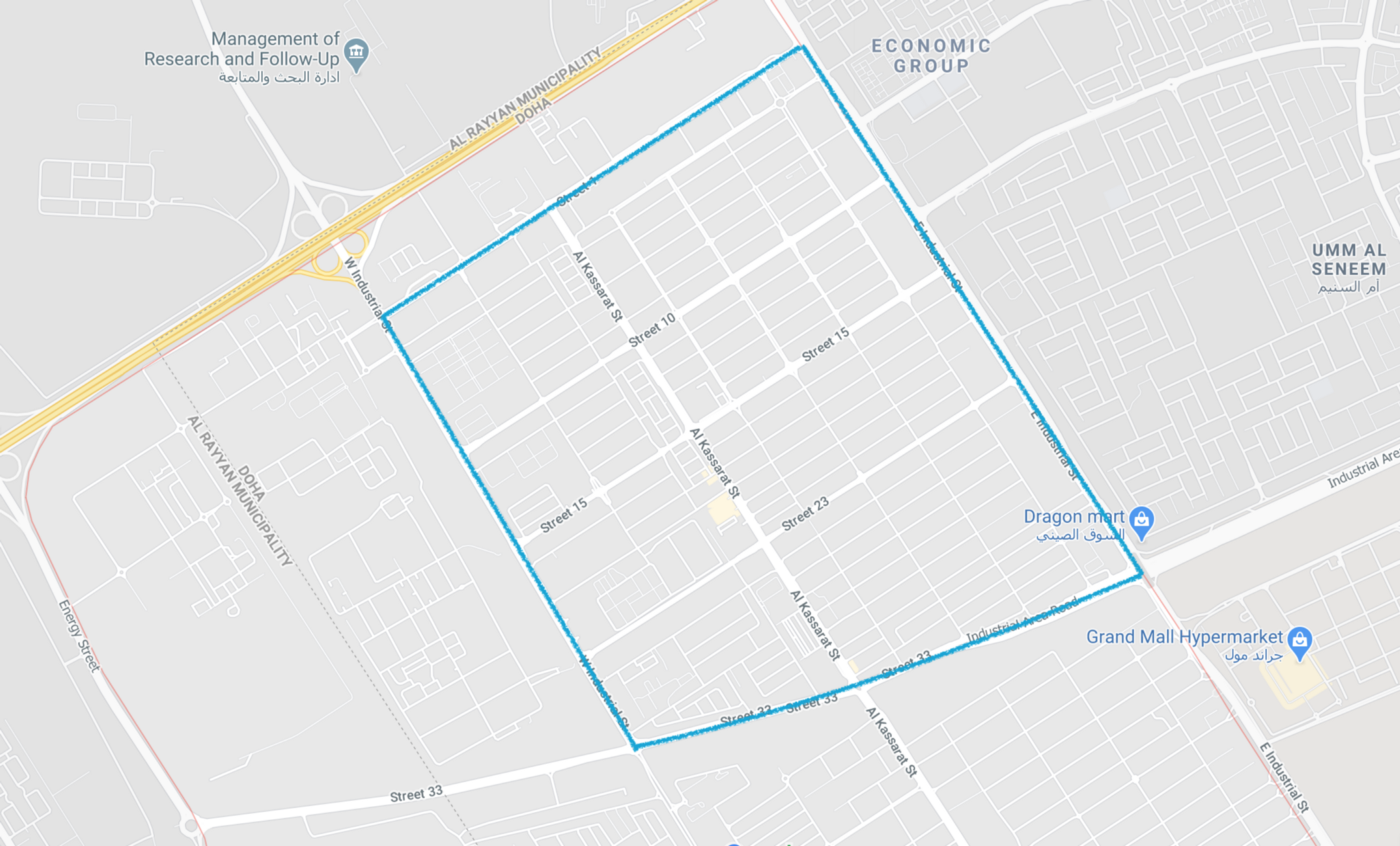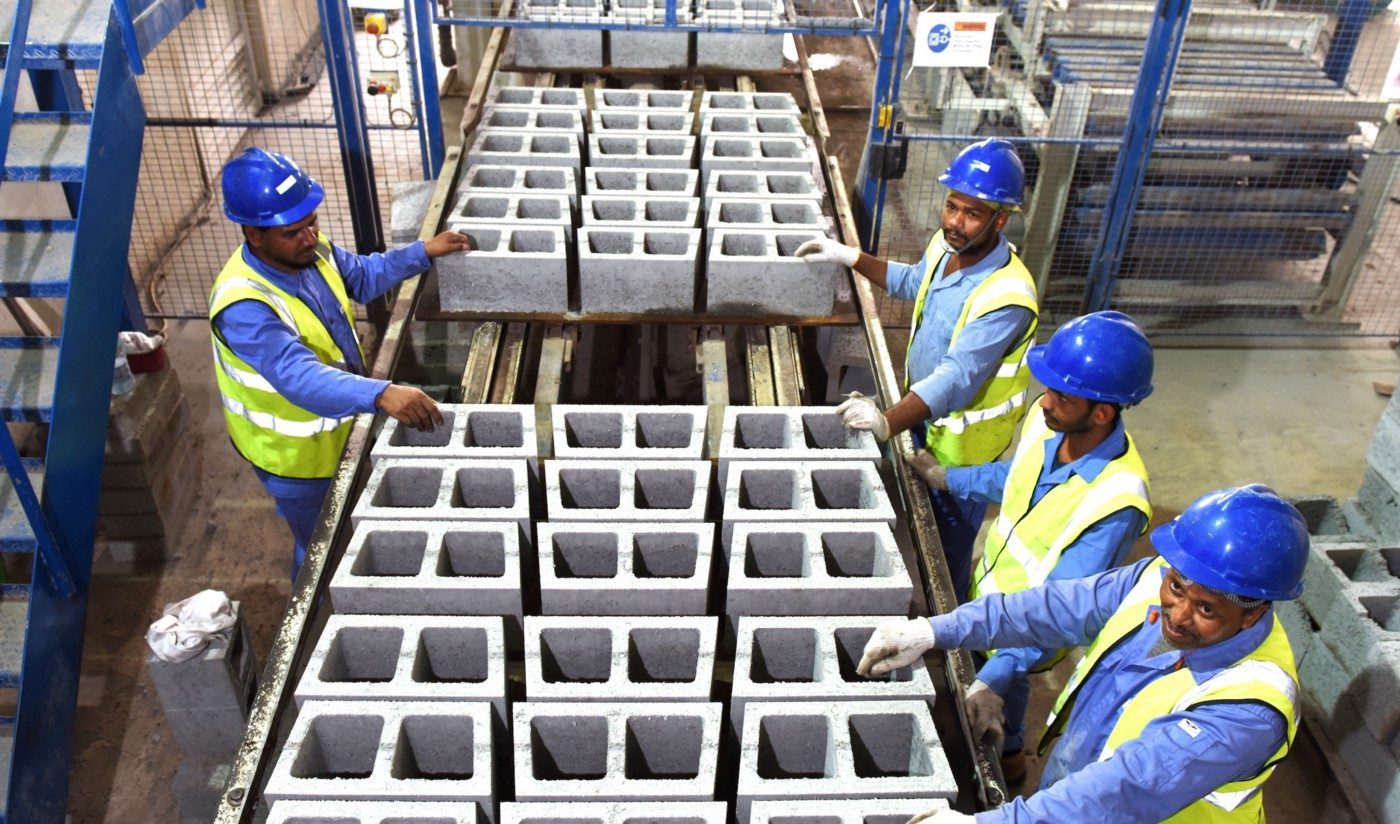by Sahar ElKabbash
On March 17th, the Ministry of Interior announced the closure of the Industrial Area in Doha. Between construction companies looking for workers who reside outside the labor camps in the area, to business owners unable to access their factories and warehouses; businesses have been struggling ever since.
Lolwah AlKhater, the spokesperson for the government’s Crisis Management Committee, had said that a gradual reopening of the Industrial Area would start on April 22nd, this was followed by the opening of more streets in the area by the government on May 6th. But strict regulations were introduced including a requirement to obtain entry and exit permits
from the Ministry of Commerce for those wishing to access the newly opened streets in order to ensure peoples health and safety were protected.
Abdelrahman Adel, a marketing and sales manager at a family-run catering company told Doha News of the huge losses his business has suffered.
“We couldn’t access our storage unit for weeks, and as a result were fined because we couldn’t meet delivery deadlines. We had to get rid of many products as their expiry dates were approaching”
He added “We had to use our house for storage so we could keep the business going. We’re making 10% of what we used to. There is no profit at all; we are barely covering our expenses”
Despite this, Adel says his company was one of the lucky ones because it trades in food and beverage and the government had prioritised access to the industrial area for companies supplying necessary goods and services such as food and medicine.
That being said, the trip back to their storage unit was anything but smooth. The lines for sanitation stations were tremendously long and overcrowded. It took some vehicles over 10 hours to get through. In a bid to resolve this, police started limiting each company to a maximum of three loading-trucks, and whilst this reduced the congestion it also meant that companies were still not able to access all of their products from their storage facilities.

Other businesses that were not prioritised include cement factories and construction companies. The owner of one of Qatar’s oldest cement factories says for him and many other owners, there has been zero work. They can’t reach their factories, their workers, or vehicles.
“We are losing around QR 150,000 per month to rent and salaries, and if you add the production losses that would be another QR 200,000 or 300,000 per month”.
After authorities had announced the gradual reopening of the Industrial Area, business owners were promised that entry and exit permits would be issued within 48 hours. But according to one business owner we spoke to, this hasn’t been the case, he applied for a permit on May 9th, and until the time of this article’s publication has not received a reply from the Ministry of Commerce. Doha News reached out to the Ministry of Commerce; however, we have not received a response.
At the start of the crisis, the government pledged 75 billion riyals to help support small businesses and the private sector, part of that support includes rent exemption for companies that aren’t able to afford them. And while some neighbouring economies are suffering a lot worse, Qatar has so far managed to reduce the economic blowback caused by the coronavirus.







